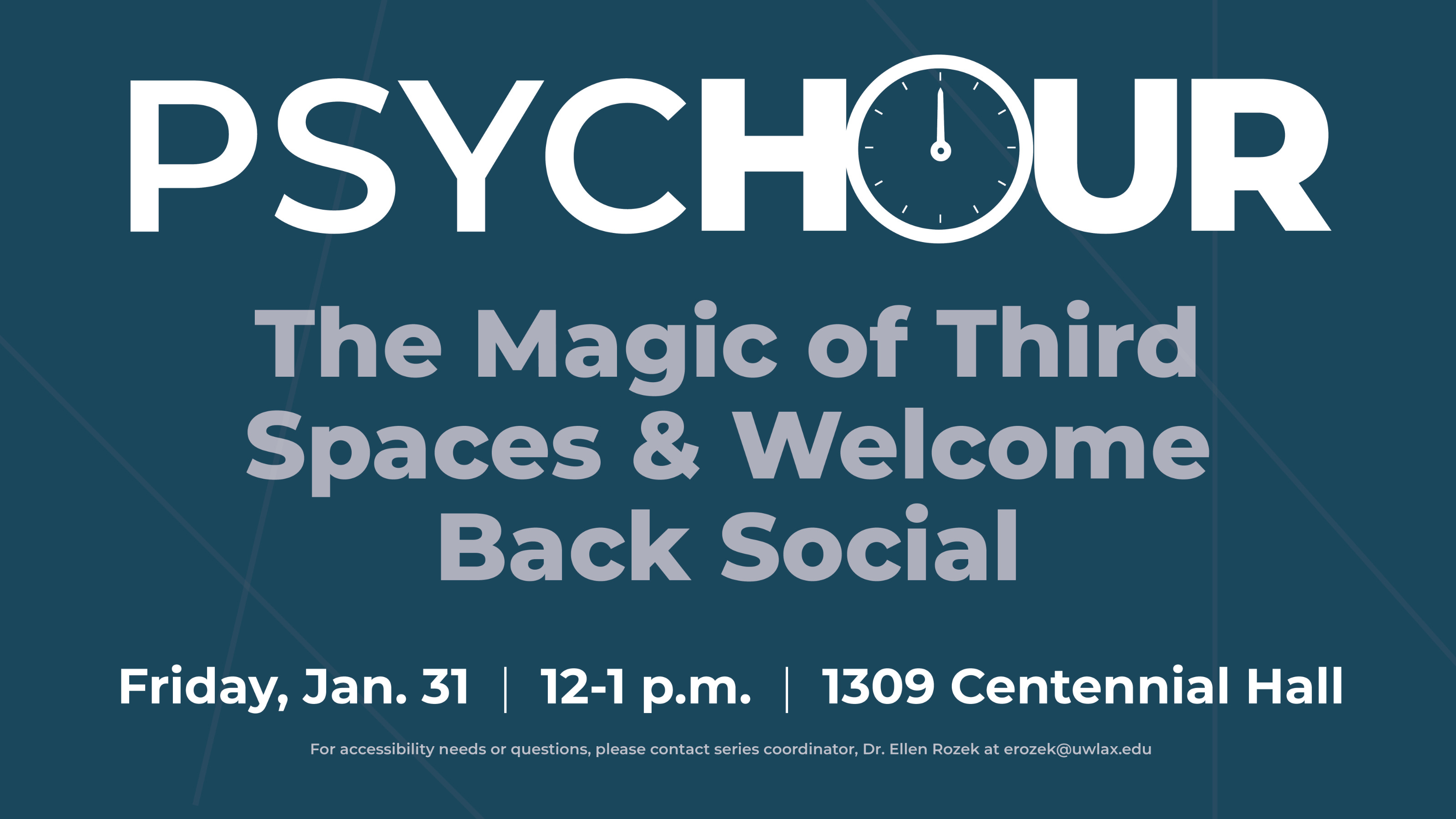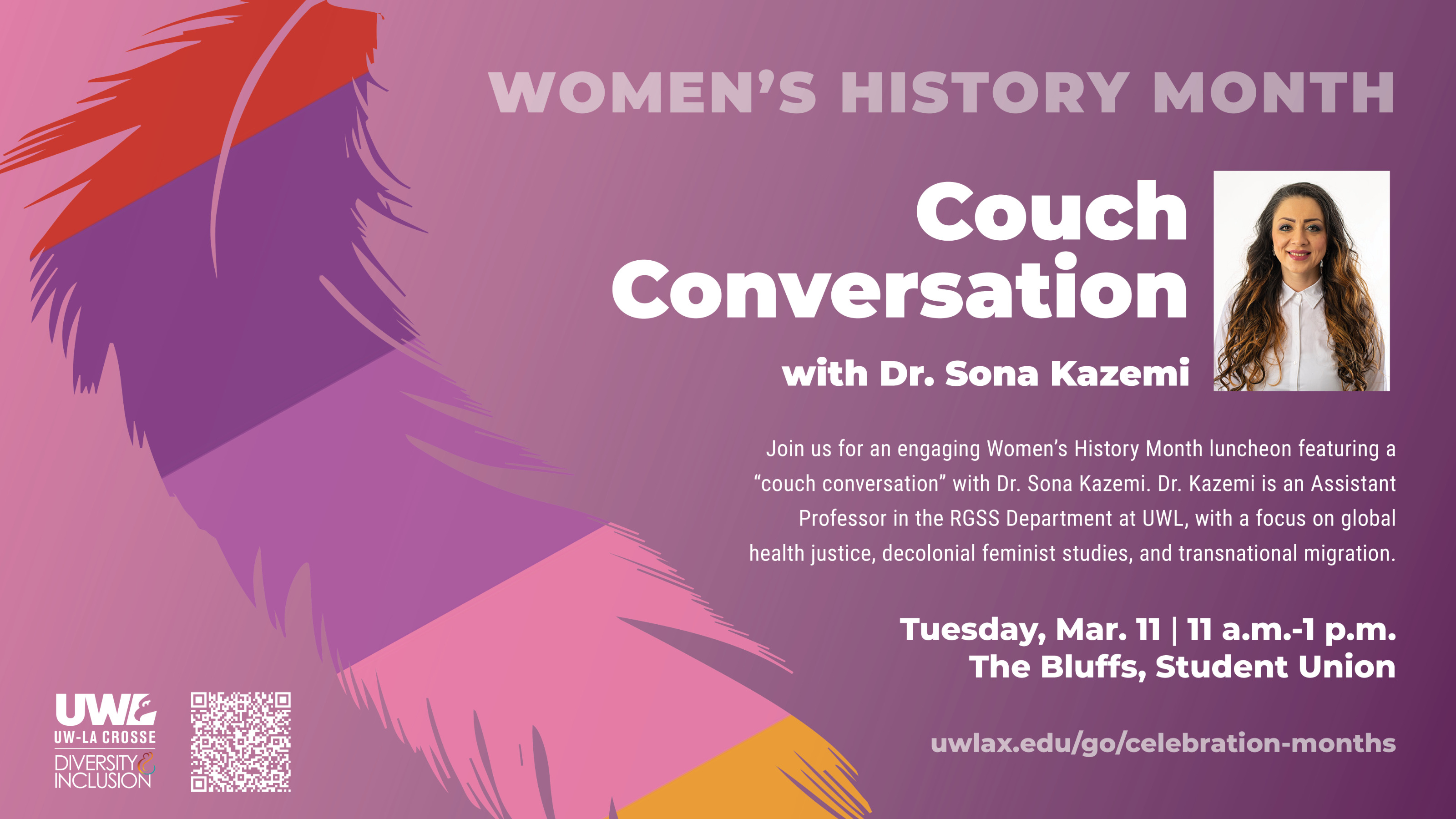Undergraduate programs
Race, Gender & Sexuality Studies
Undergrad major Undergrad minorRGSS is an interdisciplinary program that helps students understand the enormous diversity of the U.S. and a globalizing world, and the structures of inequality on the basis of race, gender, sexuality, and social class that shape this world. Students uncover hidden histories that include experiences of discrimination and marginalization, as well as of resilience, resistance, and coalition building. In RGSS, we work with students to develop research and communication skills to help students creatively use the knowledge and practices of our discipline, preparing them for careers, advanced degrees, and engaged citizenship.
Social Justice
Undergrad minorSocial justice is fairness as it relates to rights, opportunities, and access to resources within society. This includes questions of housing, healthcare, political representation and participation, the economy and more.
Hmong & Hmong-American Studies Certificate
Undergrad certificateHmong-Americans are first-generation refugee immigrants from Laos and their descendants. Since 1975, Hmong Americans have established communities across the country. According to the Pew Research Center, 327,000 Hmong people live in the U.S. as of 2019. In Wisconsin, Hmong people make up the largest Asian American ethnic group.
Program outcomes
& opportunities
The basis of many of our courses begins with:
- a desire to make the world better,
- to ensure that people are treated with dignity and respect
- to allow people to live their lives more fully
We use an intersectional approach to understanding people/groups and students gain a deep understanding of how race, class, gender, sexuality, etc. all contribute to their experience of the world, physically, socially, and emotionally.
Did you realize that...
Featured courses
View all coursesGet assistance
Upcoming events
Latest news
 Watch TEDxUWLaCrosse
Popular campus event attracted a full house — videos now available
Watch TEDxUWLaCrosse
Popular campus event attracted a full house — videos now available
 From dreams to degrees
Support future college student dreams through annual Locally Grown Scholarship Breakfast
From dreams to degrees
Support future college student dreams through annual Locally Grown Scholarship Breakfast
 ‘I know I can do it’
Alisha Morgan's inspirational journey was empowered by UW-La Crosse Self-Sufficiency Program
‘I know I can do it’
Alisha Morgan's inspirational journey was empowered by UW-La Crosse Self-Sufficiency Program











